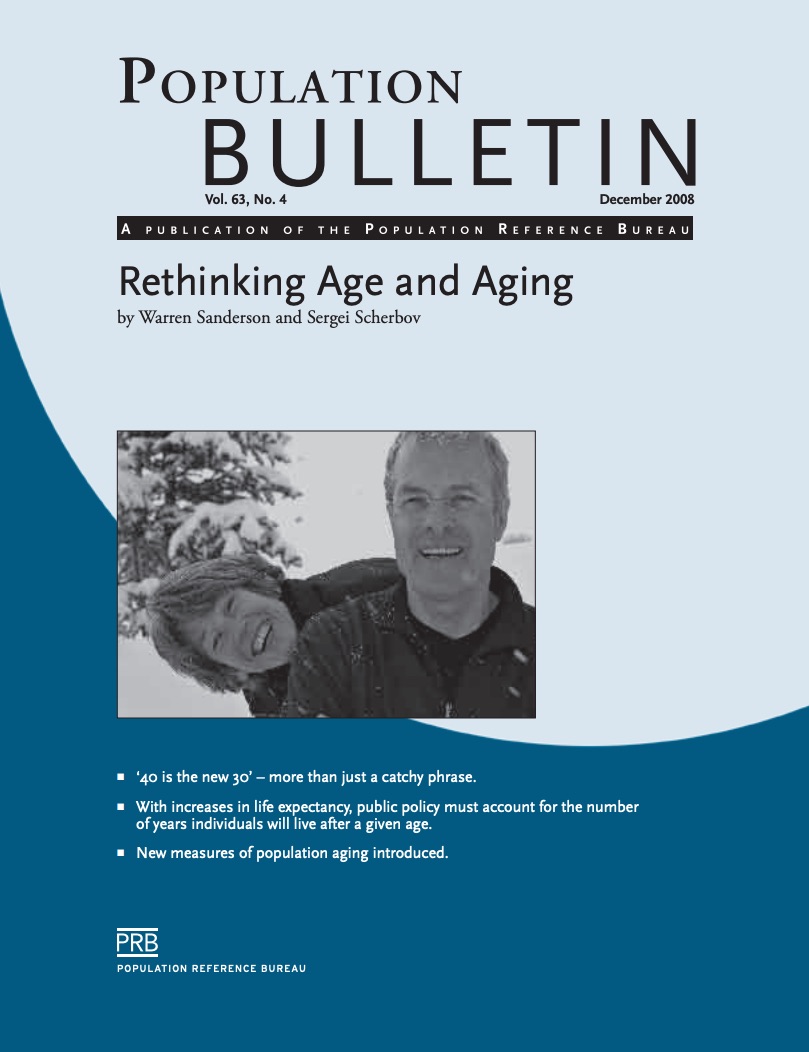Aging U.S. Baby Boomers Face More Disability
(2013) Baby boomers in the United States are more likely than the previous generation to have a disability as they near late-life, suggest a growing number of researchers.
(2013) Baby boomers in the United States are more likely than the previous generation to have a disability as they near late-life, suggest a growing number of researchers.
(September 2007) The world is on the verge of a shift: from predominantly rural to mainly urban.
(2010) A lack of basic education in childhood is linked poorer health, fewer job opportunities, and decreased political participation later in life.
(2008) Despite rapid population growth in parts of the U.S. South and West, 43 percent of all counties lost population since 2000-nearly twice the number of counties that lost population during the 1990s (1,346 counties vs. 689 counties).

Care, the future of work and AI, and other themes we're keeping an eye on in the new year

(December 2008) According to the United Nations (UN), "Population ageing is unprecedented, without parallel in human history and the twenty-first century will witness even more rapid ageing than did the century just past."